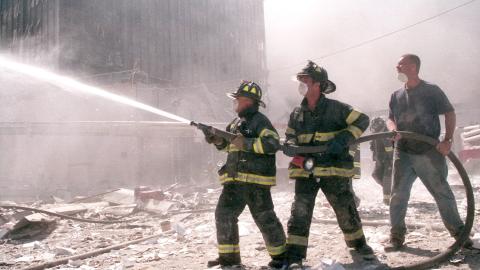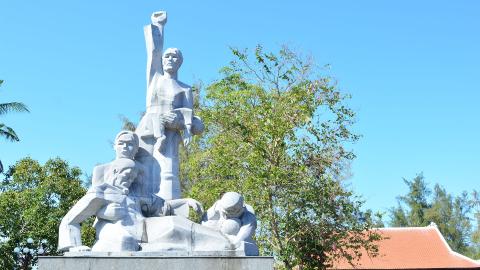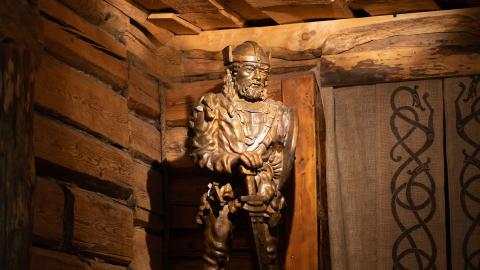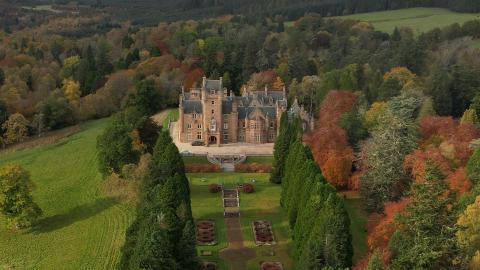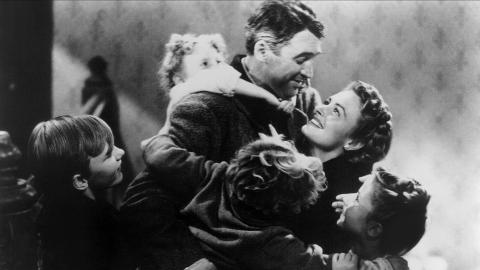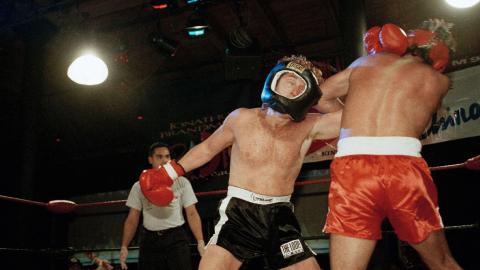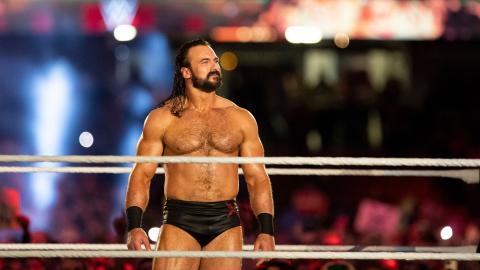Che Guevara is executed
On this day in 1967, socialist revolutionary and guerrilla leader Ernesto ‘Che’ Guevara, aged 39, is killed by the Bolivian army. Bolivian forces, trained and backed by U.S. military expertise, captured Guevara on 7 October while battling his band of guerrillas in Bolivia and executed him the following day. In 1997, Guevara's remains were found and sent back to Cuba, where they were reburied in a ceremony attended by President Fidel Castro and thousands of Cubans. Ernesto Rafael Guevara de la Serna was born to an upper middle class family in Argentina in 1928. While studying medicine at the University of Buenos Aires, he took time off to travel around South America on a motorcycle; during this time, he witnessed the poverty and oppression of the lower classes which helped to shape his personal politics and philosophy.
He kept notes of his 5,000 mile travels which were later published as the well-known work ‘The Motorcycle Diaries’ (2003) and was also dramatised into a film of the same name in 2004. He received a medical degree in 1953 and continued his travels around Latin America, becoming involved with left-wing organisations. In the mid 1950s, Guevara met up with Fidel Castro and his group of exiled revolutionaries in Mexico. Guevara played a key role in Castro's topple of Cuban dictator Fulgencio Batista in 1959; his military astuteness, bravery and natural flair for guerrilla warfare gained many victories over the forces of U.S.-backed Batista. For his deeds, Guevara was recognised as Castro's right-hand man and was given the post of Minister of Industry in the new Castro regime. He was sent on diplomacy tours to countries in Asia and Africa to improve and expand trade relations. He even travelled to New York City in 1964 as head of the Cuban delegation to address the United Nations.
Guevara strongly opposed U.S. economic and political interference in Latin America and advocated peasant-based revolutions to combat social injustice in Third World countries. Castro later described him as "an artist of revolutionary warfare." Guevara resigned – some say he was dismissed – from his Cuban government post in April 1965, possibly over differences with Castro about the nation’s economic and foreign policies. Guevara then disappeared from Cuba, travelling to Africa fomenting revolution and offering his expertise in guerrilla warfare to various revolutionary groups, surfacing in the Congo, Mozambique and Dar es Salaam in Tanzania. He eventually resurfaced in Bolivia during 1967.
His newest project was to train Bolivian Communists in the art of jungle and guerrilla warfare. However, he encountered fatal failure when he received no support from either Havana or the local Communist Party. Worse still, he had expected to encounter the poorly trained and ill-disciplined Bolivian Army, when in reality, he faced Bolivian special forces that had been equipped by the U.S. Army, and which had recently received training in counter-guerrilla warfare by American special operatives, CIA commandos and a crack battalion of Army Rangers. Former Cuban exile and CIA operative Felix Rodriguez headed the hunt for Guevara, and he was captured in his camp on 7 October.
He was badly wounded and in terrible physical condition. He was then interrogated for a day and a half. On 9 October, Bolivian President Rene Barrientos ordered Rodriguez to execute Guevara, but to make it look as if he had been killed in a clash with regular Bolivian forces. Guevara was shot nine times in the legs, arms, chest and throat. His hands were chopped off and his remains were buried in an unmarked grave. When news reached Havana of his death, Castro proclaimed three days of mourning. Following his death, Guevara achieved hero status among people around the world as a symbol of anti-imperialism and revolution. Nelson Mandela in particular admired him greatly, as did Allen Ginsberg, Jean-Paul Sartre, Graham Greene, Susan Sontag, Malcolm X, and the Black Panther movement.
A 1960 photo taken by Alberto Korda of Guevara in his trademark black beret became iconic and has since appeared on countless posters and T-shirts; ironically, this mass commercialism and shallow consumer culture represents all that Guevara stood against. He is also remembered as a man of extreme intelligence and culture, capable of great humour and empathy for the less fortunate. However, his dualistic nature dogs and dispels misty-eyed views of his legacy. His disciplinarian and confrontational nature and his dogmatic single-mindedness meant that he harboured a ruthless streak, best exemplified in his role as commander of the La Cabana Prison Fortress after Batista’s downfall. His brutal purges of the Batista army as well as his hunt for traitors and informants among the prison’s population earned him the epithet ‘The Butcher of la Cabana’.

